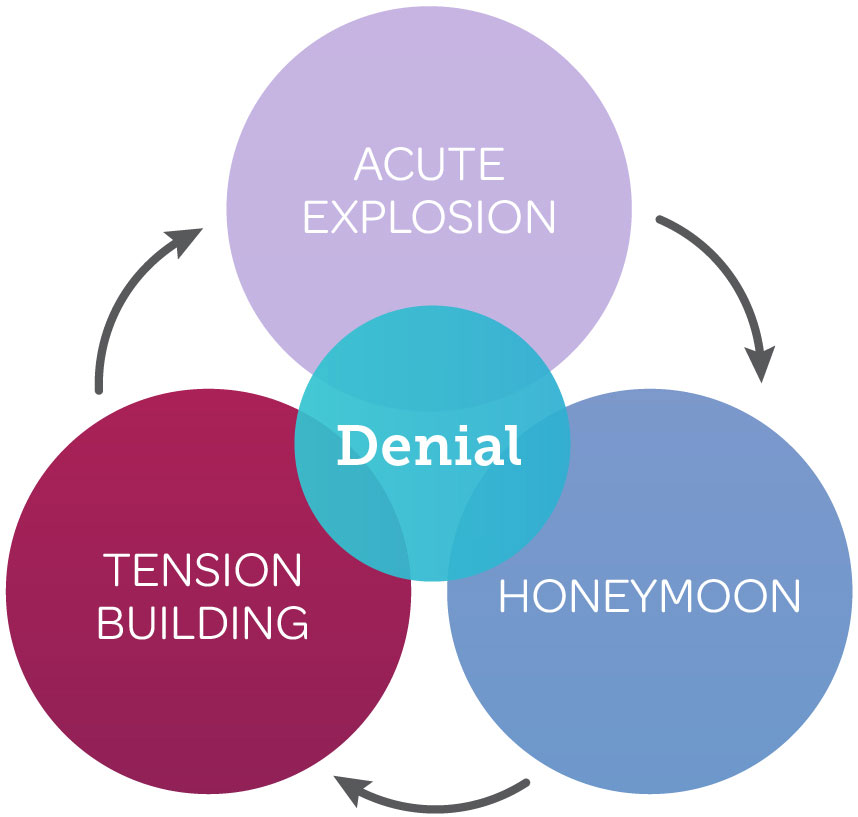
Stay Informed
Creating a community free of domestic violence requires continual information sharing and dialogue. Stay connected with us through the information resources on this page and – please – share what you learn.
Stay Informed
Join Our Email Newsletter
What Everyone Needs to Know About Domestic Violence
Why does discussing domestic violence matter?
- 1 in 4 women will be affected by domestic violence in her lifetime
- Over 7,000 domestic violence cases were reported locally last year
- Typically DV is reported after the 8th incident
What is Domestic Violence?
- Most people associate domestic violence solely with physical abuse.
Domestic violence is much more:
- It’s a pattern of coercive behavior
- Power and control in the relationship is unbalanced between the two partners
- Utilizes intimidation, threatening, harm, and harassment
- Intentionally or recklessly restricts the freedom of one of the partners
Types of Abuse
Emotional
- Name-calling, put-downs, criticizing, humiliating, yelling, intimidating, using the children, coercion. Minimizing (“you’re not that hurt”) denying, neglecting, leaving/abandoning. Threatening (to kill, physically harm, take the kids, to commit suicide), destroying property, mind games. Controlling (isolating, limiting freedom, friends, attire, money, etc.), interrogating. Terrorizing, stalking, following.
Physical
- Pinching, flicking, restraining, pulling or yanking on hair/arms/legs, twisting arms/wrists. Pushing, shoving, wrestling/tackling, blocking from leaving, grabbing, pinning down. Punching, slapping, kicking, stomping, biting, and scratching. Choking, stabbing, throwing, burning, and shooting.
Sexual
- Forcing unwanted sexual acts. Forcing victim to dress provocatively. Forced prostitution. Forced viewing of or participating in pornography. Rape.
Financial
- Withholding money or access to family finances; including information about them. Keeping or taking victim’s paycheck. Forcing victim to live within unrealistic allowance or forcing victim to beg for money. Prohibiting victim from working.
Spritual
- Attacking religious or spiritual beliefs, using scripture to justify abuse.
Homophobic
- Threatening to “out” the victim’s sexual orientation
Immigration Status
- Using fear of deportation
Destructive Habits
- Destruction of the victim’s property, vandalism, harming or killing pets
You may ask yourself, “Why does it matter that I learn about domestic violence?”
- If you yourself aren’t affected, someone you know will be.
Many people ask the question, “Why doesn’t she just leave?”
Possible reasons:
- Low self-esteem
- Failure to recognize abuse
- Dependence
- “For the children”
- Isolated
- Traditional values
- Family or social pressure
- Hope
- Love
What is a Healthy Relationship?
- In healthy relationships the scale of power is not greatly favored for one partner, the relationship is mutually beneficial
-
There are four key elements:
- Trust
- Honesty
- Respect
- Security
